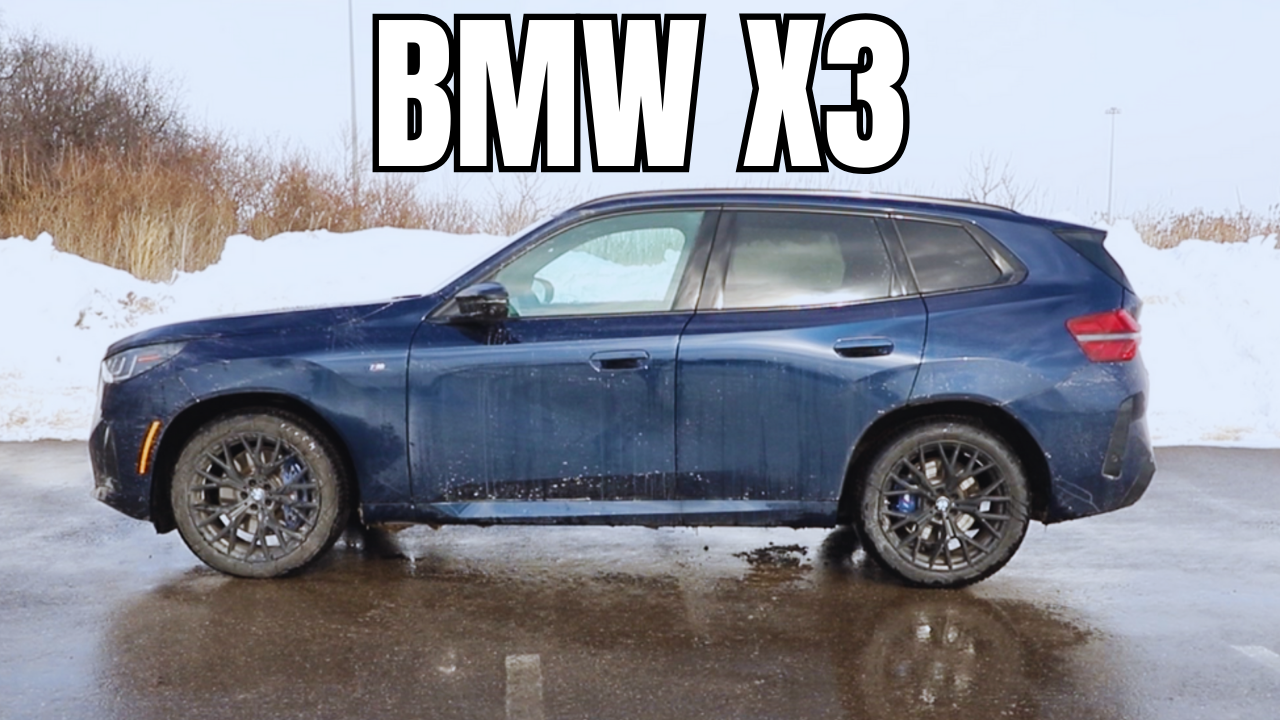The truth about gluten and gluten-free diets
/This past week I met a young lady who is suffering from a number of digestive disorders. I chatted with her for a few moments about her past experiences with Naturopaths, Dieticians, MDs, and Nutritionists like myself, to see where her condition currently stands. She informed me that she was feeling a bit overwhelmed with all of the different opinions and even a bit discouraged as some of the diets she has been asked to follow are extremely strict. One of her main concerns was with being asked to eat gluten-free during the gut healing process, a recommendation given to her by one of the professionals she visited. While I couldn’t share my professional opinion with her as this was just a casual conversation and an intake questionnaire hadn’t been completed, I did feel as though she wasn’t really correctly informed as to what gluten-free really means, why it was recommended to her as a diet choice, and what Celiac Disease is, causing her to misinterpret the gluten-free lifestyle. I decided to focus this week’s article on the gluten-free diet and answer a few of the most common questions.
What is Gluten?
Gluten is a protein that is found mostly in wheat; however, rye and barley can also trigger symptoms of gluten intolerance. The sensitivity to gluten is most commonly intestinal, although some people (like myself) suffer from a general sensitivity to wheat. Gluten is also sometimes referred to as the “glue” that holds bread or other similar foods together.
What is Celiac Disease?
Celiac Disease is a type of malabsorption, meaning that sufferers may have trouble digesting wheat and, for some individuals, all gluten-containing grains. Celiac Disease causes the immune response to attack the small intestine when gluten is ingested leading to damage of the microvilli - small tentacle-like feelers that line the small intestine and are responsible for nutrient absorption. Undiagnosed cases of Celiac Disease can lead to severe damage of the small intestine and uncomfortable symptoms such as abdominal cramping, bloating, constipation and more.
What Should I Do if I Suspect I have Celiac Disease?
Due to the long list of possible symptoms, Celiac Disease is quite hard to diagnose. One of the many recommended approaches is an elimination diet, which includes removing all gluten-containing foods. It is required to remove gluten-containing foods from the diet for approximately 3-6 months and to regularly evaluate symptoms along the way. After completing this time frame, gluten may be added back into the diet slowly while constantly noting reactions. Before starting an elimination diet, it is best to talk to your doctor.
Is It Possible to Just Be Sensitive to Wheat?
Yes! I am. I do not have Celiac Disease, however, I do have a sensitivity to wheat and I feel much better avoiding it altogether. Symptoms of wheat sensitivity include but are not limited to nausea, headache, and even chronic fatigue. This condition is sometimes referred to as a Non-Celiac Wheat Sensitivity.
I hope this article helps to clear up some of the misinterpretations about gluten and the gluten-free diet. While this diet is widely popular right now, there are people who unfortunately suffer greatly from these conditions, and eating gluten can cause serious symptoms and even damage to the small intestine, hindering nutrient absorption in the long run. For non-sufferers of Celiac Disease (or other grain sensitivities) gluten is eaten without any problems or uncomfortable symptoms and is consumed world-wide. If you are interested in experimenting with gluten-free options, there are many grains available and the majority of your favourite dishes can be re-invented while still tasting delicious!
**Please note, if you suspect you are suffering from Celiac Disease or other sensitivities, it is best to contact your health care provider to find out more information and possible treatments.











